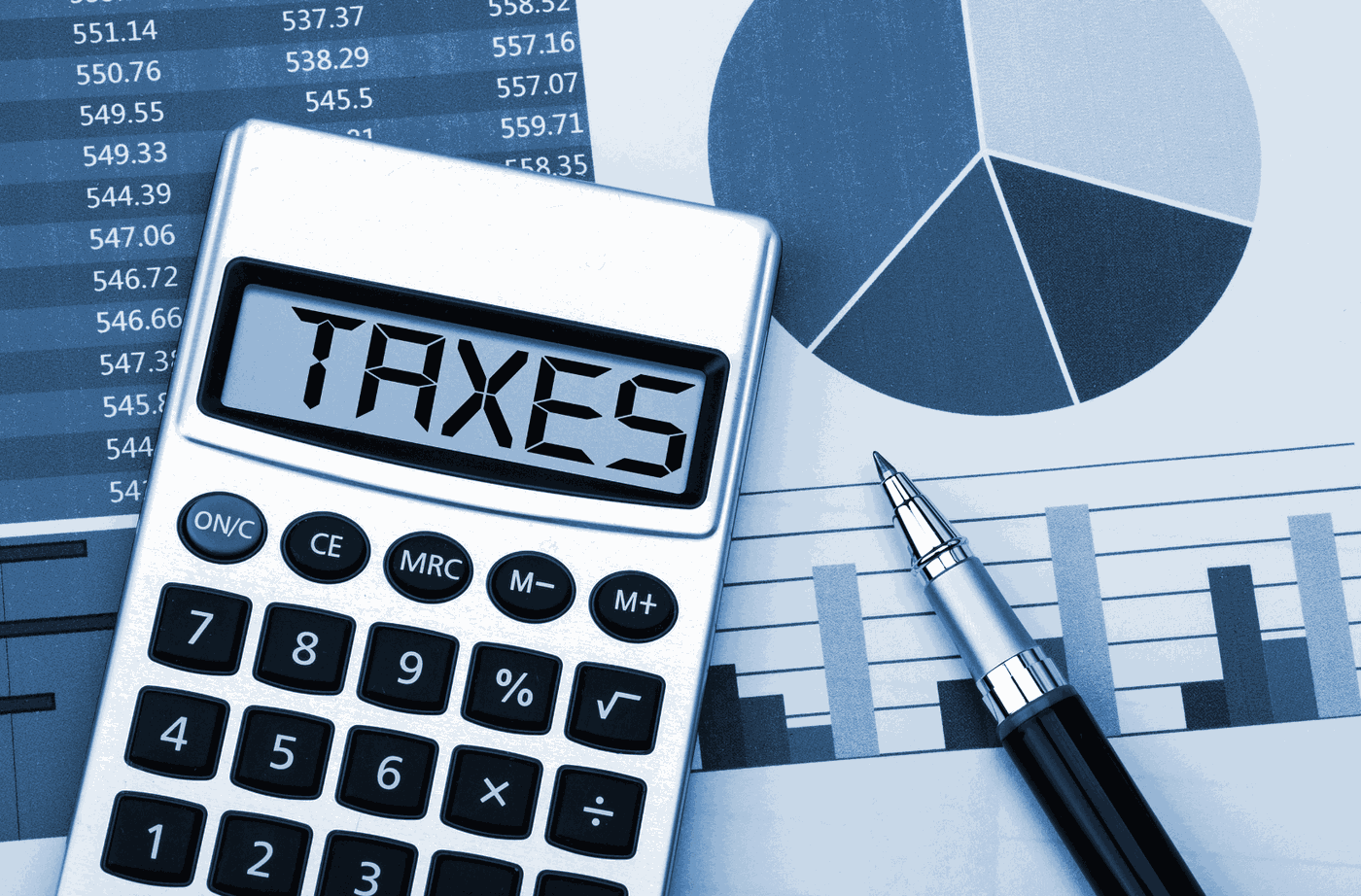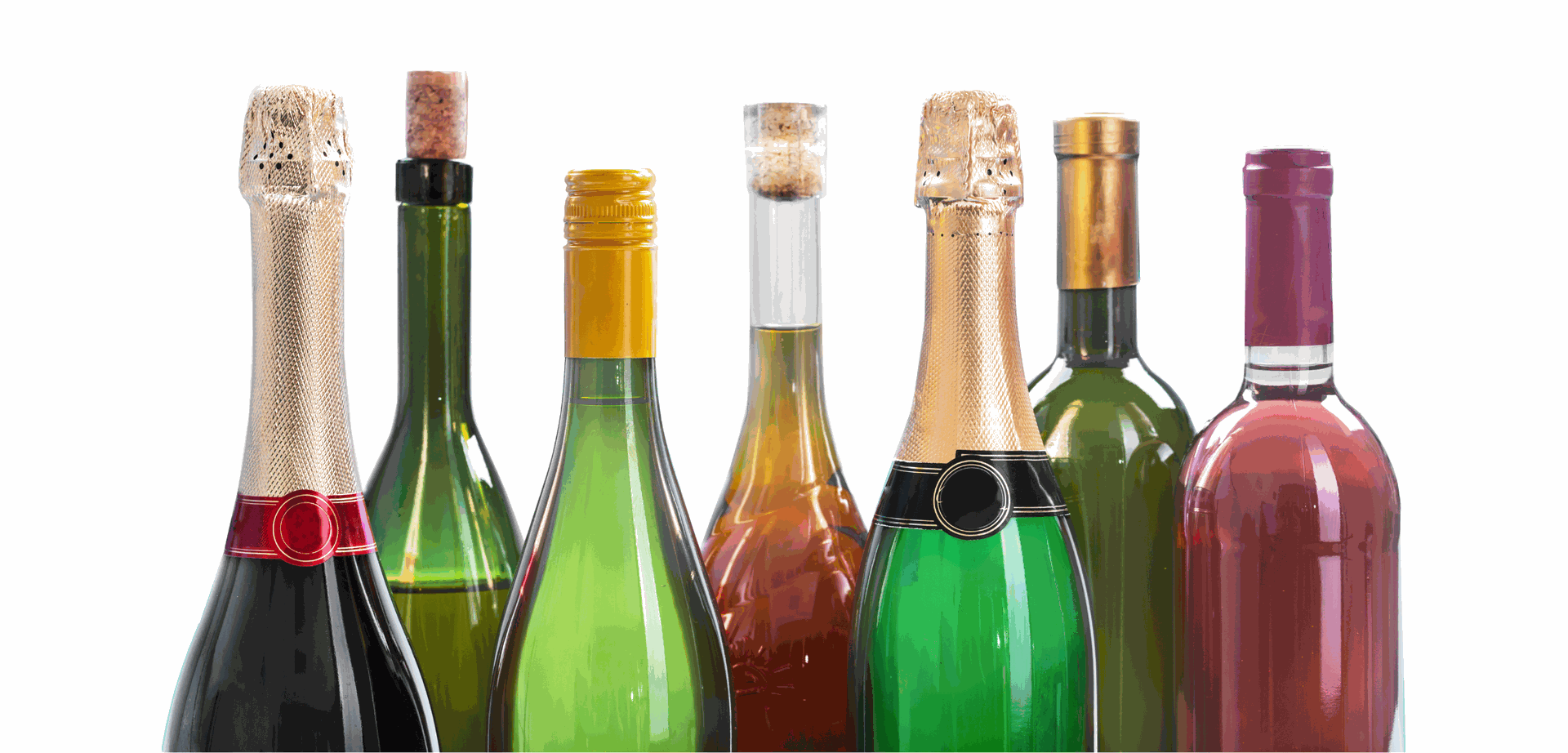The Spanish alcoholic beverage market is one of the most vibrant and diverse in Europe. If your business is involved in importing and distributing distilled beverages, understanding the excise taxes that apply to your activities is crucial for ensuring the success and profitability of your business.
In this post, we will guide you through the complex landscape of excise taxes on alcohol imports in Spain. We will cover the following topics:
- What are excise taxes?
- What types of alcoholic beverages are subject to excise taxes?
- How is the excise tax on alcohol calculated?
- What exemptions and reductions are available?
- How is the tax declaration and payment made?
- Tips for importers and distributors.

Excise Taxes on Alcohol
Excise taxes are specific levies applied to certain products like alcohol, tobacco, gasoline, and hydrocarbons. These taxes are in addition to VAT and are characterized by higher tax rates.
What types of alcoholic beverages are subject to excise taxes?
In Spain, alcoholic beverages subject to excise taxes are classified into three categories:
- Derived beverages: whisky, rum, gin and vodka.
- Liqueurs: These are derived beverages flavored with sugars, spices, plants, or fruits.
- Spirit Drinks: These are beverages with an alcohol content higher than 15% vol., such as brandy, tequila and anís.
How is the excise tax on alcohol calculated?
The excise tax on alcohol is calculated based on the amount of pure alcohol in the beverage, expressed in hectoliters of pure alcohol (hl AP). The current tax rate is 958.94 euros per hl AP.
What exemptions and reductions exist?
There are various exemptions and reductions to the excise taxes on alcohol imports. Some of the most important include:
- Exemption for small quantities: Imports of less than 10 liters of pure alcohol are not subject to tax.
- Reduction for non-vinuous ethyl alcohol: A 50% reduction in the tax rate is applied to non-vinuous ethyl alcohol used in the production of spirit drinks.
How is the tax declaration and payment made?
The declaration and payment of the excise tax on alcohol imports are carried out using form 580 of the Tax Agency. The submission deadline is the 20th day of the month following the import.
Tips for importers and distributors:
- Stay updated on the current legal regulations regarding excise taxes.
- Seek professional advice to ensure compliance with your fiscal obligations.
- Use digital tools and platforms to facilitate the management of excise taxes.
- Plan your logistics carefully to minimize the impact of the tax on your costs.

Understanding the excise taxes on alcohol imports in Spain is fundamental for the success of your business as an importer or distributor of distilled beverages. This post has provided you with a comprehensive guide to help you navigate this complex legal and fiscal area.

